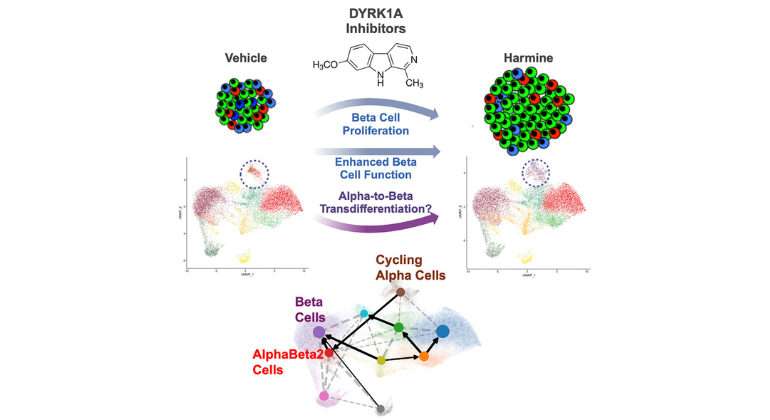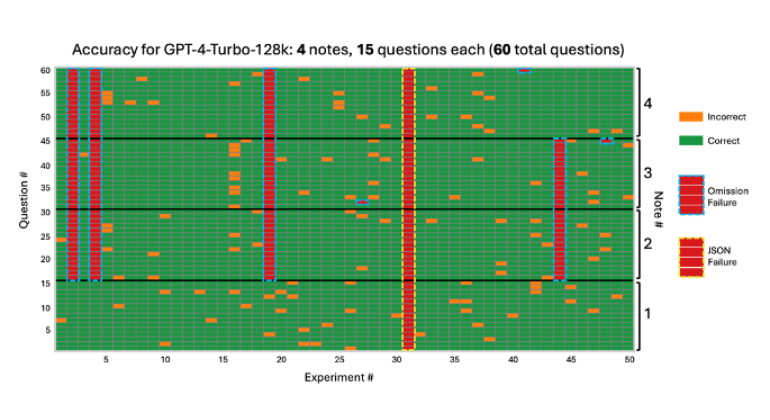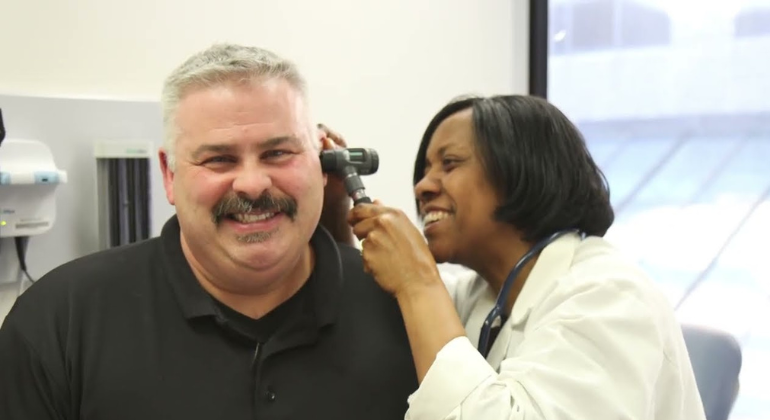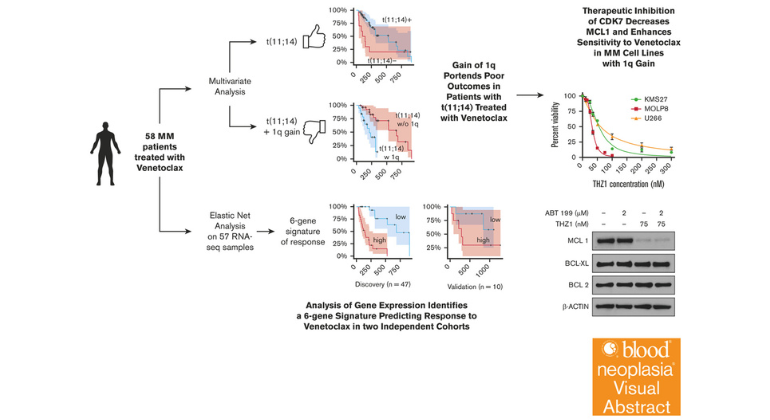Mount Sinai Researchers Discover Mechanism Behind Development of Autoimmune Hepatitis
A gene mutation disrupts the activity of certain immune cells and causes the immune system to erroneously attack the liver.
A gene mutation disrupts the activity of certain immune cells and causes the immune system to erroneously attack the liver, according to a new animal study from the Icahn School of Medicine at Mount Sinai. The findings, published in the Journal of Clinical Investigation, will provide a new model for studying drug targets and therapies for Autoimmune Hepatitis (AIH), a condition for which the only treatment options are short-acting steroids or liver transplant.
T-cells, immune cells created in an organ called the thymus, grow into healthy T-cells with the help of medullary thymic epithelial cells (mTECs). mTECs act as coaches to T-cells to teach them when to attack tissue that might be harmful and when to leave it alone. T-cells that attack healthy body tissue are programmed to die. Led by Konstantina Alexandropoulos, PhD, Associate Professor of Medicine in the Division of Clinical Immunology at Mount Sinai, the research team sought to create a model for understanding why certain immune cells called T-cells inappropriately attack healthy tissues in the body, leading to inflammation and autoimmune diseases like lupus, rheumatoid arthritis, and AIH.
Dr. Alexandropoulos and her team, consisting of Anthony Bonito, first author and PhD candidate at Mount Sinai and contributing author Costica Aloman, PhD, former Assistant Professor of Medicine in the Division of Liver Diseases at Mount Sinai, created mutations in a gene called Traf6 in a mouse model, which caused depletion of mTECs. The research team hypothesized that without mTECs to coach them, T-cells would aberrantly attack healthy cells. Surprisingly, while the depletion of mTECs did cause an autoimmune reaction, the T-cells homed directly to the liver and attacked it rather than other healthy tissue.
“We thought that deleting Traf6 would trigger an autoimmune reaction due to a depletion of mTECs, but did not expect the autoimmune response to be specific to the liver,” said Dr. Alexandropoulos. “These findings provide an exciting new animal model to study AIH. We hope that this research will pave the way for new therapies to address a significant unmet need for people with this disease.”
Dr. Alexandropoulos and her team hope to identify and study compounds or proteins that prevent the depletion of mTECs using cells from humans with AIH. Mount Sinai has one of the largest cohort of patients in the country to support research on liver diseases such as AIH.
This research was supported by grants R01 AI49387-01, R56 AI049387-05, and R01 AI068963-01 from the National Institute of Allergy and Infectious Disease, a division of the National Institutes of Health.
About The Mount Sinai Medical Center
The Mount Sinai Medical Center encompasses both The Mount Sinai Hospital and Icahn School of Medicine at Mount Sinai. Established in 1968, the Icahn School of Medicine at Mount Sinai is one of the leading medical schools in the United States. The Icahn School of Medicine is noted for innovation in education, biomedical research, clinical care delivery, and local and global community service. It has more than 3,400 faculty members in 32 departments and 14 research institutes, and ranks among the top 20 medical schools both in National Institutes of Health (NIH) funding and by U.S. News & World Report.
The Mount Sinai Hospital, founded in 1852, is a 1,171-bed tertiary- and quaternary-care teaching facility and one of the nation’s oldest, largest and most-respected voluntary hospitals. In 2012, U.S. News & World Report ranked The Mount Sinai Hospital 14th on its elite Honor Roll of the nation’s top hospitals based on reputation, safety, and other patient-care factors. Mount Sinai is one of just 12 integrated academic medical centers whose medical school ranks among the top 20 in NIH funding and by U.S. News & World Report and whose hospital is on the U.S. News & World Report Honor Roll. Nearly 60,000 people were treated at Mount Sinai as inpatients last year, and approximately 560,000 outpatient visits took place.
For more information, visit http://www.mountsinai.org.
Find Mount Sinai on:
Facebook: http://www.facebook.com/mountsinainyc
Twitter @mountsinainyc
YouTube: http://www.youtube.com/mountsinainy
###
About the Mount Sinai Health System
Mount Sinai Health System is one of the largest academic medical systems in the New York metro area, with 48,000 employees working across eight hospitals, more than 400 outpatient practices, more than 600 research and clinical labs, a school of nursing, and a leading school of medicine and graduate education. Mount Sinai advances health for all people, everywhere, by taking on the most complex health care challenges of our time—discovering and applying new scientific learning and knowledge; developing safer, more effective treatments; educating the next generation of medical leaders and innovators; and supporting local communities by delivering high-quality care to all who need it.
Through the integration of its hospitals, labs, and schools, Mount Sinai offers comprehensive health care solutions from birth through geriatrics, leveraging innovative approaches such as artificial intelligence and informatics while keeping patients’ medical and emotional needs at the center of all treatment. The Health System includes approximately 9,000 primary and specialty care physicians and 11 free-standing joint-venture centers throughout the five boroughs of New York City, Westchester, Long Island, and Florida. Hospitals within the System are consistently ranked by Newsweek’s® “The World’s Best Smart Hospitals, Best in State Hospitals, World Best Hospitals and Best Specialty Hospitals” and by U.S. News & World Report's® “Best Hospitals” and “Best Children’s Hospitals.” The Mount Sinai Hospital is on the U.S. News & World Report® “Best Hospitals” Honor Roll for 2024-2025.
For more information, visit https://www.mountsinai.org or find Mount Sinai on Facebook, Twitter and YouTube.

Mount Sinai Researchers Move Closer to a Cure for Diabetes
Dec 10, 2024 View All Press Releases
Study Identifies Strategy for AI Cost-Efficiency in Health Care Settings
Nov 18, 2024 View All Press Releases





